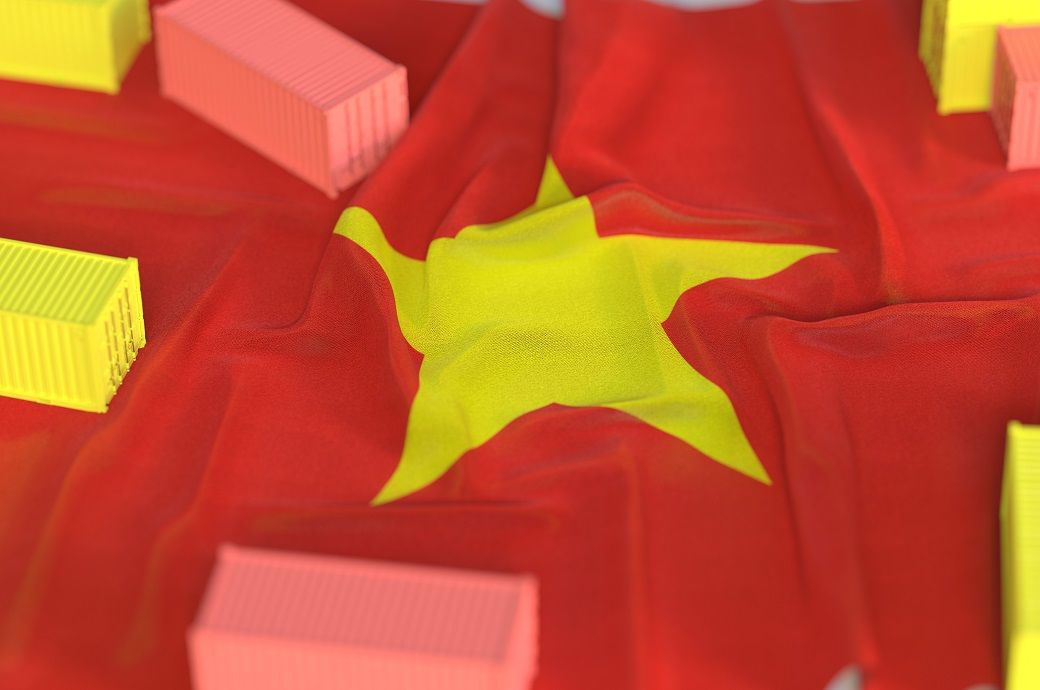Prime Minister Pham Minh Chinh has ordered immediate support for Vietnamese businesses affected by US reciprocal tariff policies and instructed the Ministry of Finance to complete proposals within this month.
Under Dispatch No 221/CÐ-TTg, the ministry must maintain an expansionary fiscal approach, adjust import–export taxes when needed, and introduce targeted measures to strengthen production and exports. Customs authorities have been directed to tighten inspections, prevent substandard goods, and curb origin fraud and intellectual property violations.
Vietnam has ordered rapid support for firms hit by US reciprocal tariffs, directing the Finance Ministry to adjust tax policies and boost exports.
The government is intensifying trade promotion, FTA talks, and global market expansion, while tightening customs and ensuring credit flows to production.
Despite a trade surplus, stronger efforts are urged to meet growth above 8 per cent.
The Ministry of Industry and Trade (MoIT) has been tasked with boosting exports towards the end-of-year peak season, intensifying trade promotion, diversifying products, markets and supply chains, and speeding up negotiations for bilateral and multilateral trade agreements, including the reciprocal trade agreement with the US.
Trade offices abroad must support enterprises in utilising free trade agreements, assist in marketing, and help improve brand presence. The ministry will also deepen linkages between Vietnamese manufacturers and foreign-invested firms to expand participation in global supply chains, according to domestic media outlets.
The State Bank of Vietnam will operate monetary policy proactively and flexibly, ensure credit flows into production and priority sectors, and manage exchange and interest rates in line with market conditions to support investment and business activity.
The Ministry of Foreign Affairs will strengthen economic diplomacy, assist enterprises investing and trading abroad, and instruct overseas missions to cooperate closely with businesses and local administrations in host countries. It must also mobilise support among Gulf Cooperation Council (GCC) members to accelerate negotiations on the Vietnam–GCC free trade agreement (FTA).
The ministries of Industry and Trade, Agriculture and Environment, and Foreign Affairs will establish working groups to expand opportunities in the Middle East, Africa and Latin America, eliminate barriers in existing FTAs and fast-track negotiations for new agreements in late 2025 and early 2026.
Localities have been told to promptly resolve challenges facing exporters and provide regular updates on border-gate congestion. Export enterprises and state-owned groups are required to adjust business plans flexibly, enhance technology use, upgrade product quality, improve competitiveness and diversify both markets and supply chains. Implementation of these directives will be closely monitored by Deputy Prime Ministers, and progress will be reported through the government office.
Vietnam recorded total import–export turnover of $762.4 billion in the first 10 months of the year, up 17.4 per cent compared with the same period last year, including $391 billion in exports and $371.4 billion in imports, generating a trade surplus of $19.6 billion, according to the National Statistics Office.
Despite positive performance, the Prime Minister urged stronger efforts to stimulate exports and support macro-economic stability to help achieve the national growth target of more than 8 per cent this year.
Fibre2Fashion News Desk (HU)
